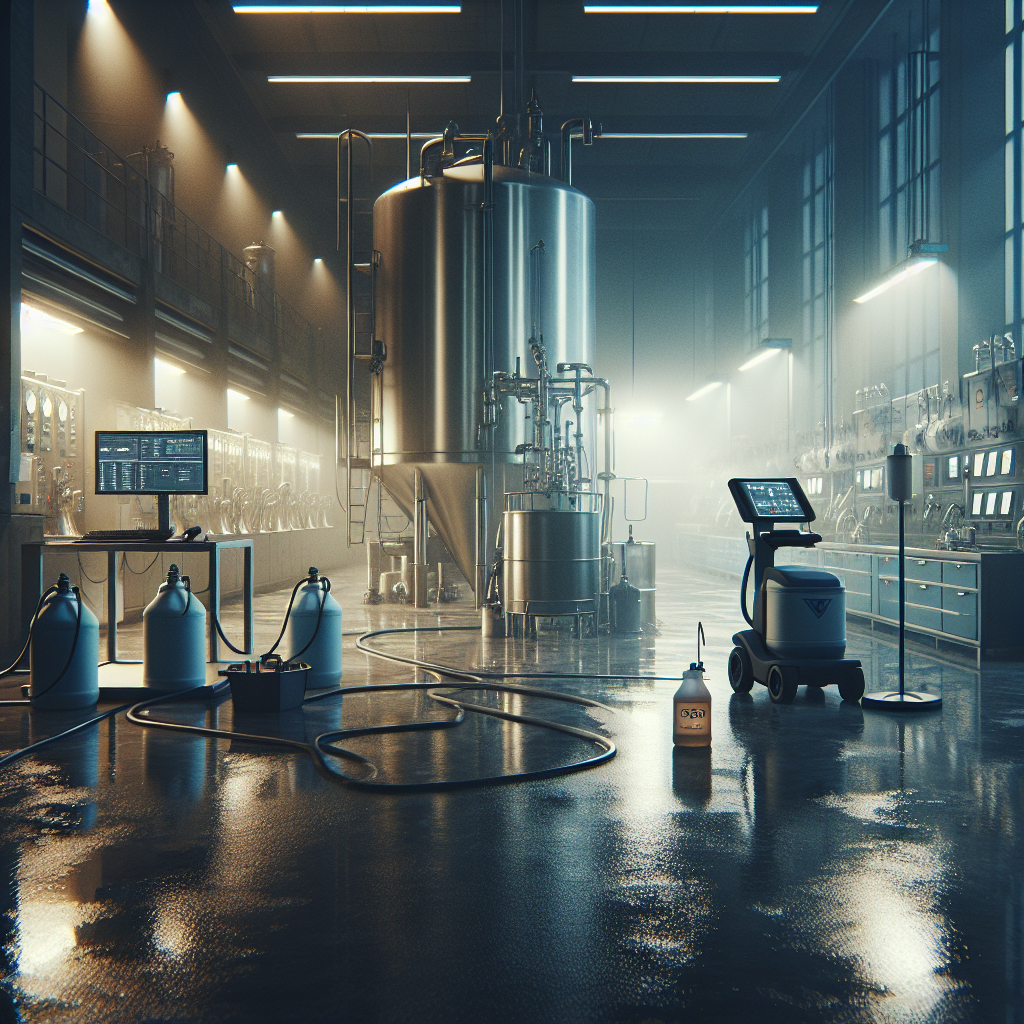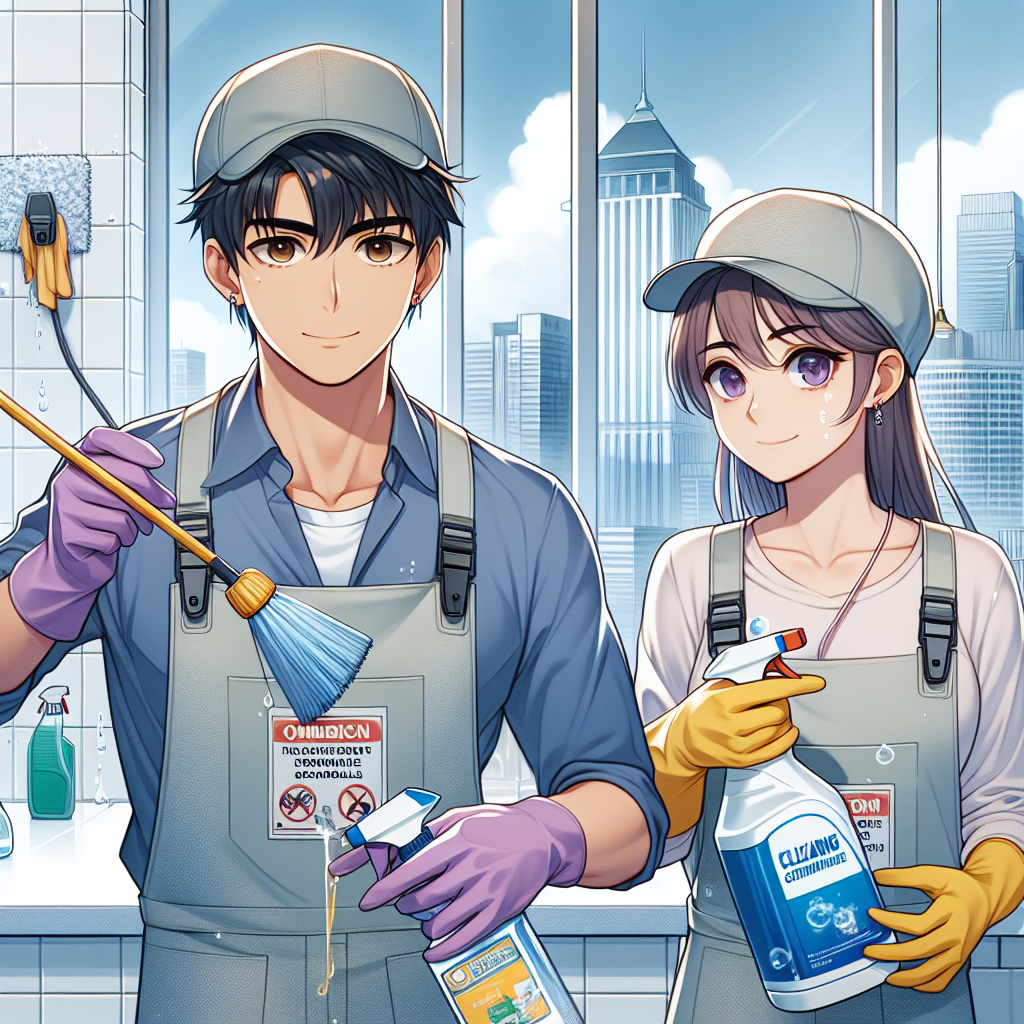The Basics of Chemical Safety
Chemicals used in the hospitality industry can range from mild to highly corrosive substances, each with its own set of risks. It is essential to familiarize yourself with the Material Safety Data Sheets (MSDS) for every chemical in use. These sheets provide detailed information on the potential hazards, proper handling procedures, and first aid measures in case of exposure.
Safe Handling Practices
- Store chemicals in their original containers to avoid confusion and accidental mixing.
- Ensure proper ventilation in areas where chemicals are being used to prevent inhalation of fumes.
- Use chemicals only as directed and in the recommended concentrations to avoid potential hazards.
Common Chemical Hazards
Some of the most common chemical hazards in the hospitality industry include corrosive cleaners, disinfectants, and degreasers. These substances can cause skin irritation, respiratory issues, and even more severe health problems if not handled correctly.
Emergency Response Planning
In the event of a chemical spill or exposure, quick and appropriate action is crucial. Make sure all staff members know the location of safety showers, eyewash stations, and spill kits in case of emergencies.
- Designate specific staff members to be responsible for handling chemical spills and coordinating emergency responses.
- Provide regular refresher training on emergency response procedures to ensure staff readiness at all times.
The Importance of Compliance
Compliance with chemical safety guidelines is not just a legal requirement but a moral obligation to protect the health and well-being of everyone in the workplace. Failure to adhere to these guidelines can result in serious consequences, including fines, lawsuits, and harm to individuals.
Tags:
chemical safety cleaning industry cleaning chemicals workplace safety hazard management cleaning staff chemical handling safety guidelinesAbout the Author
Admin User - Professional cleaning industry expert with over 45 years of experience.



